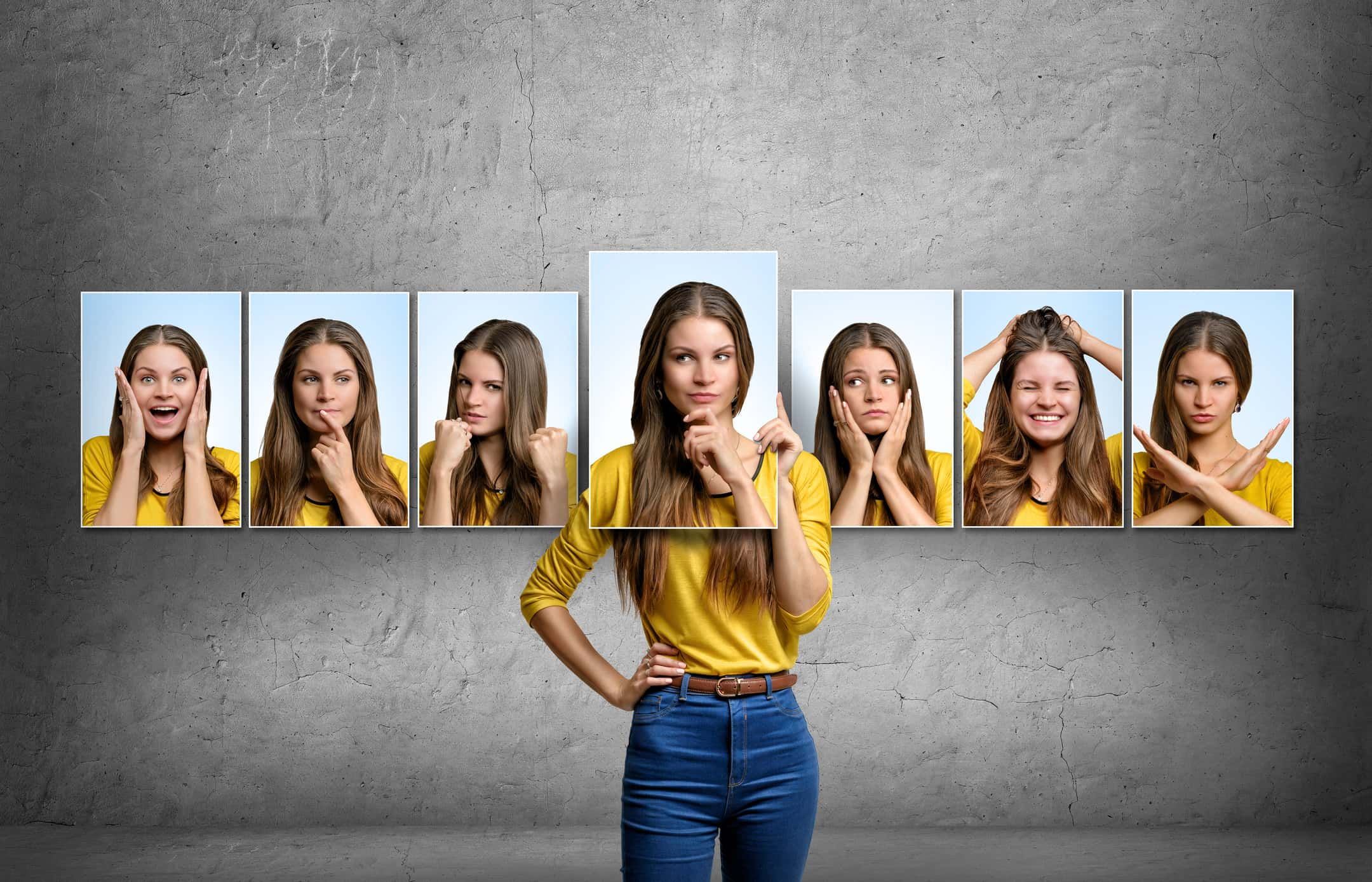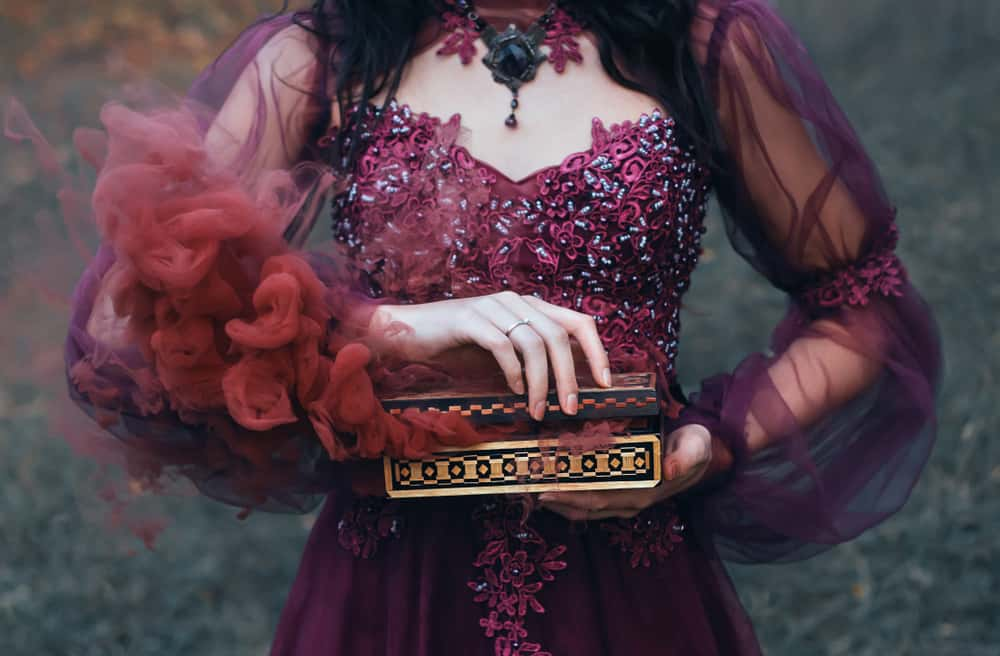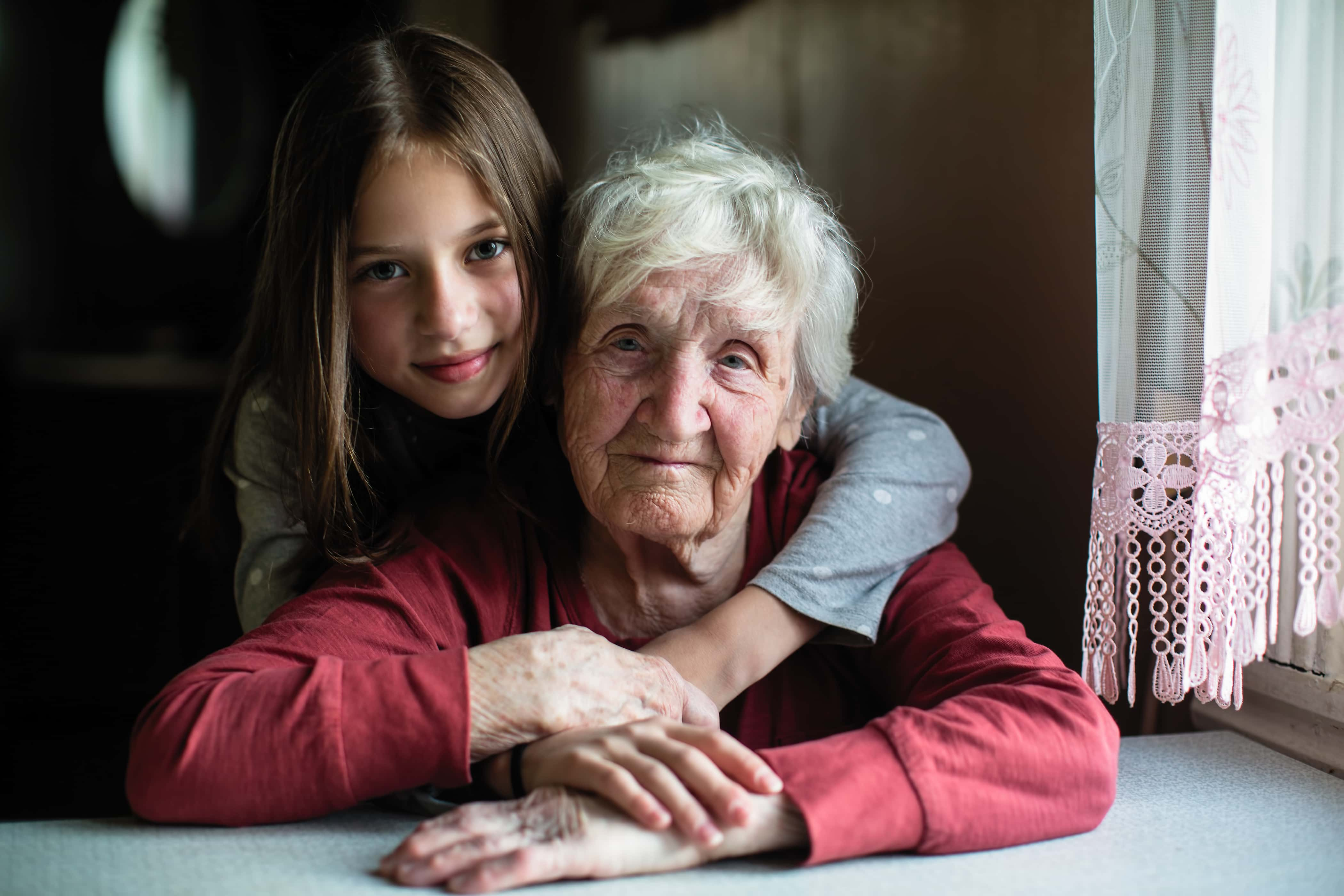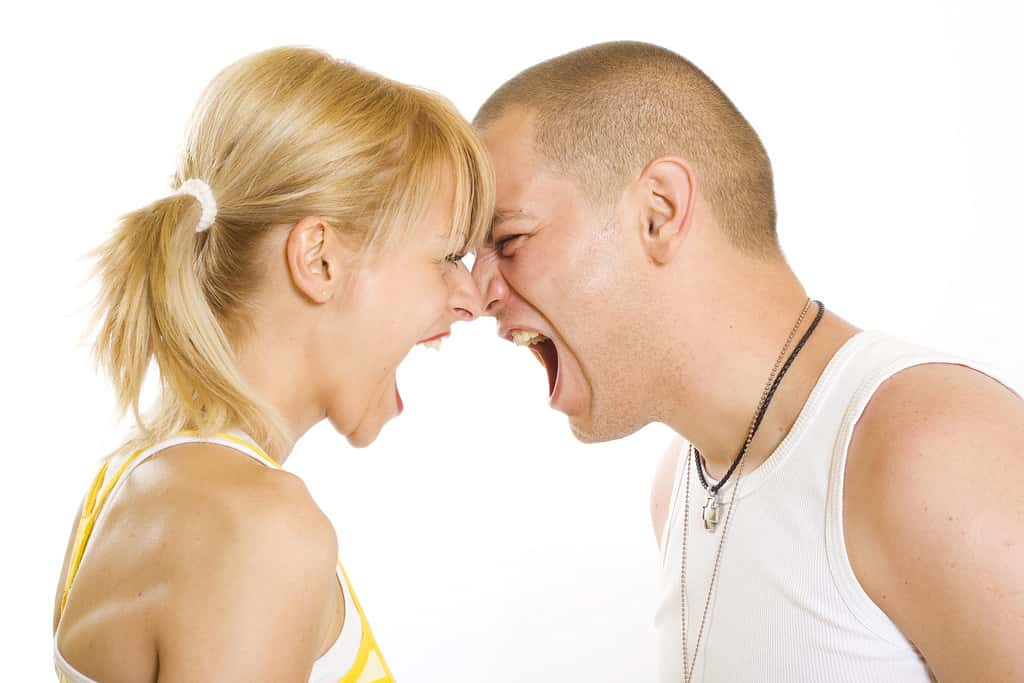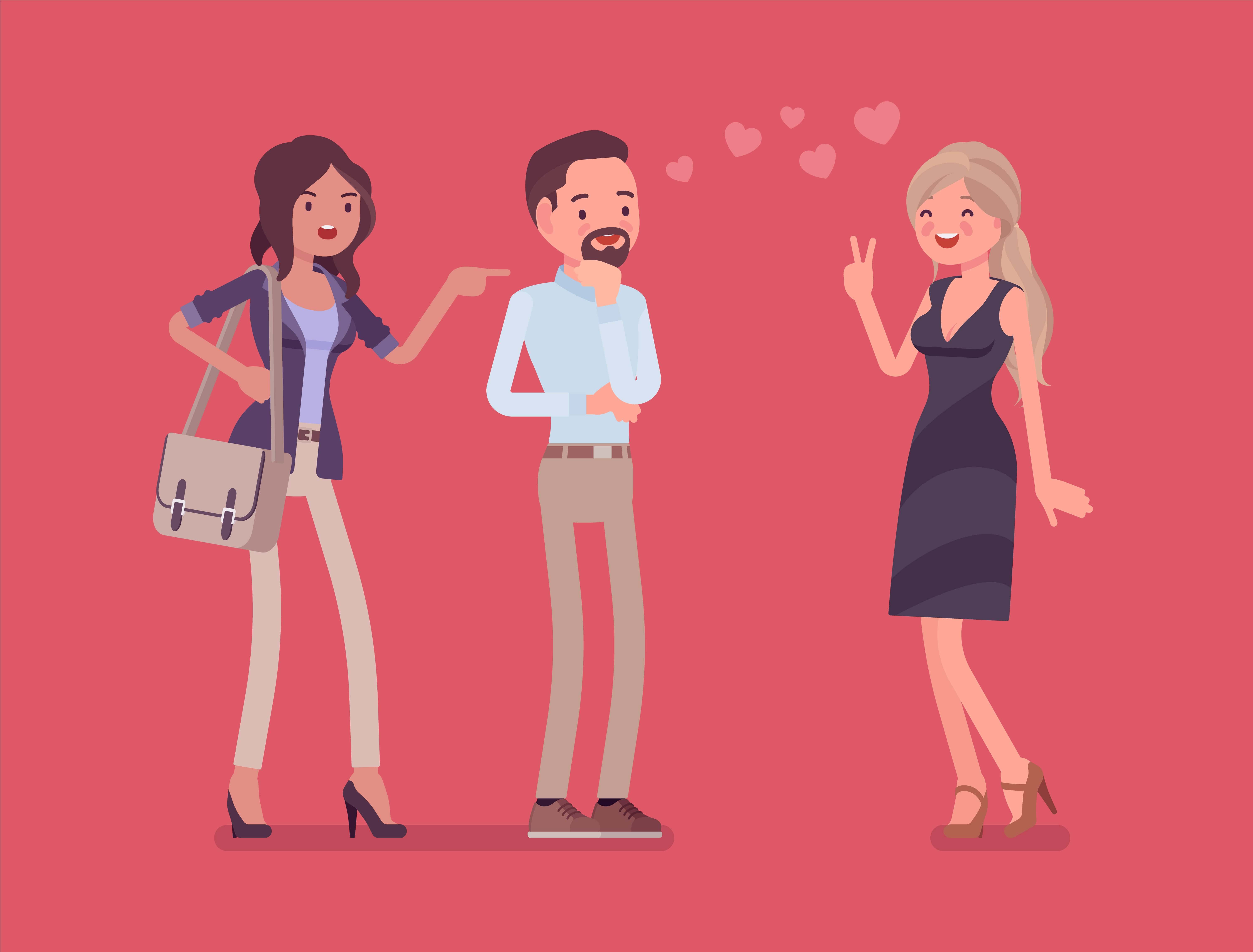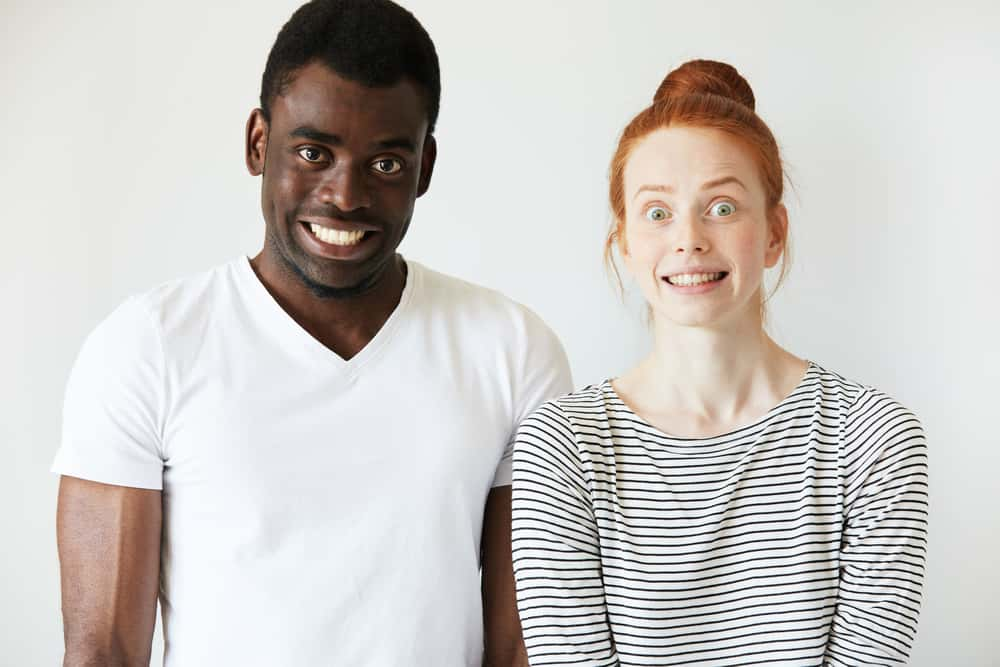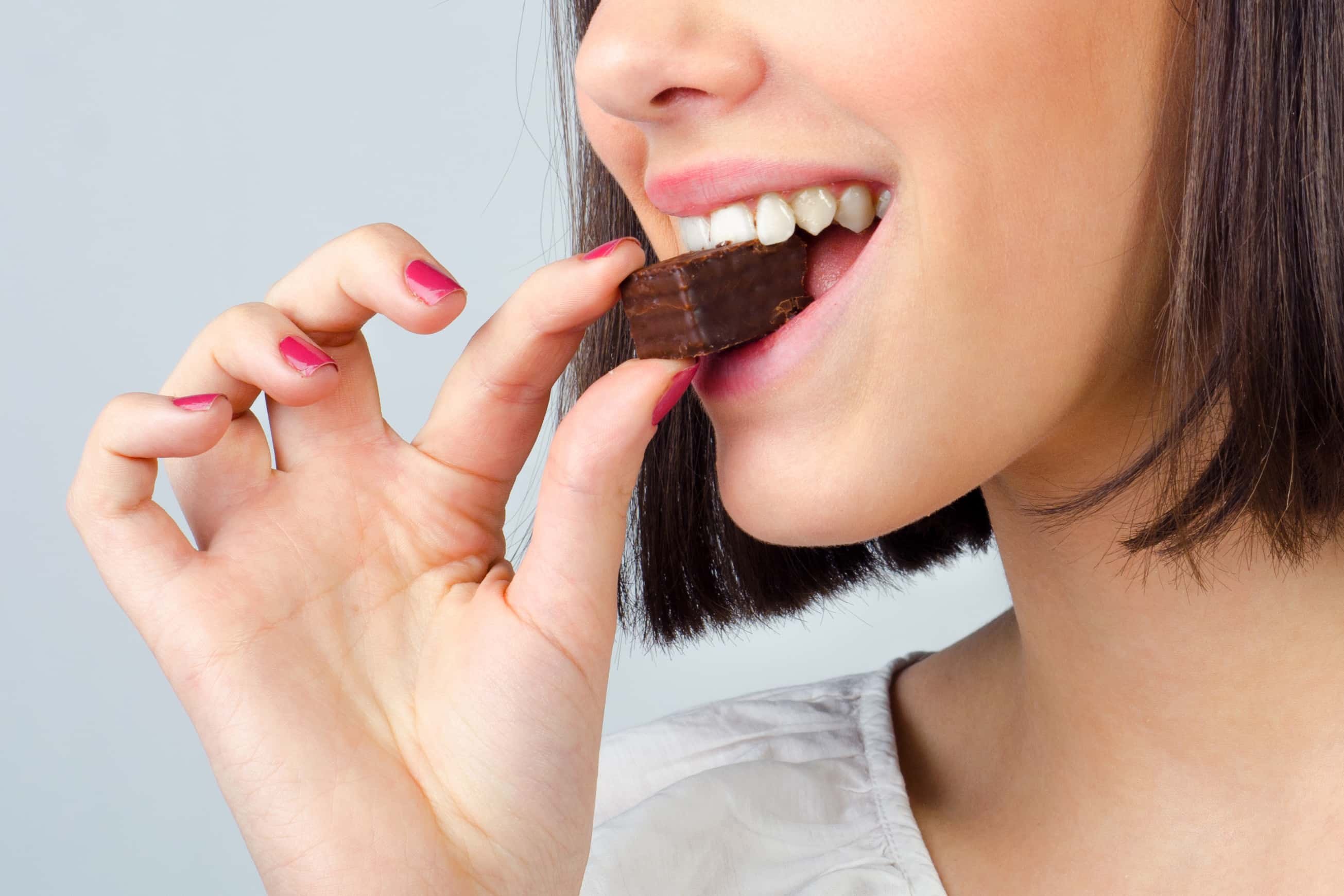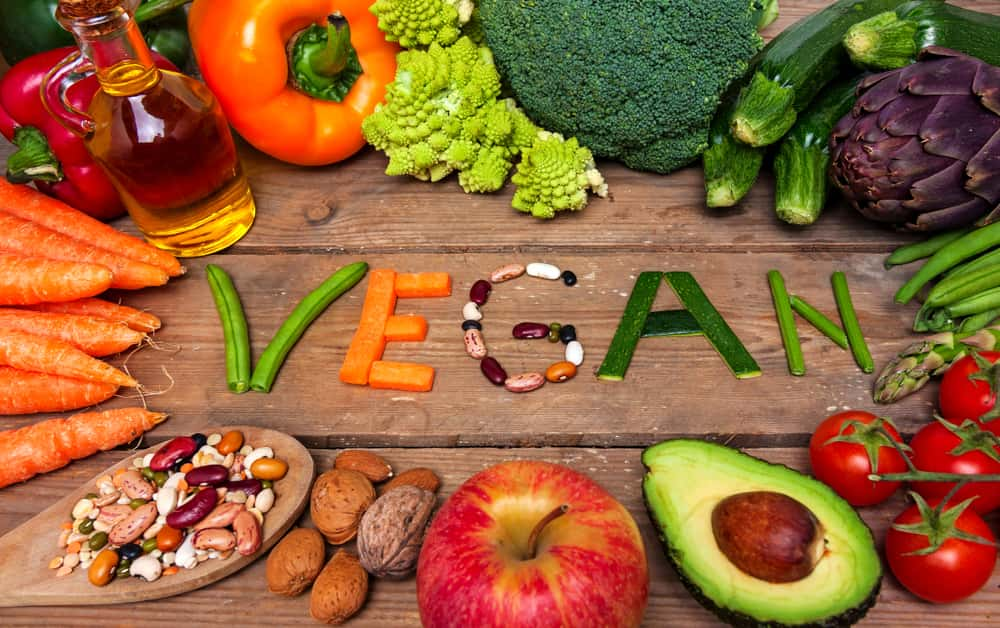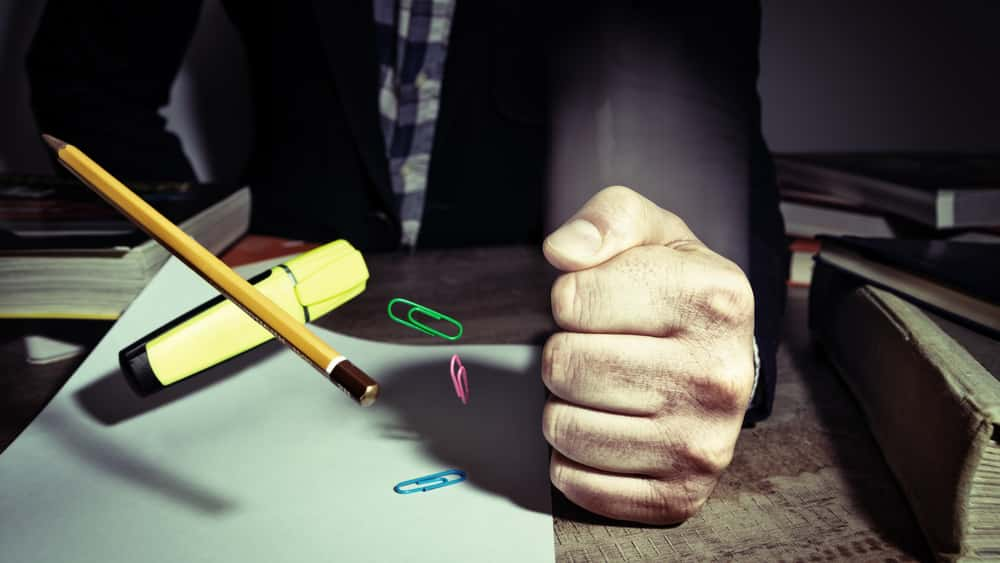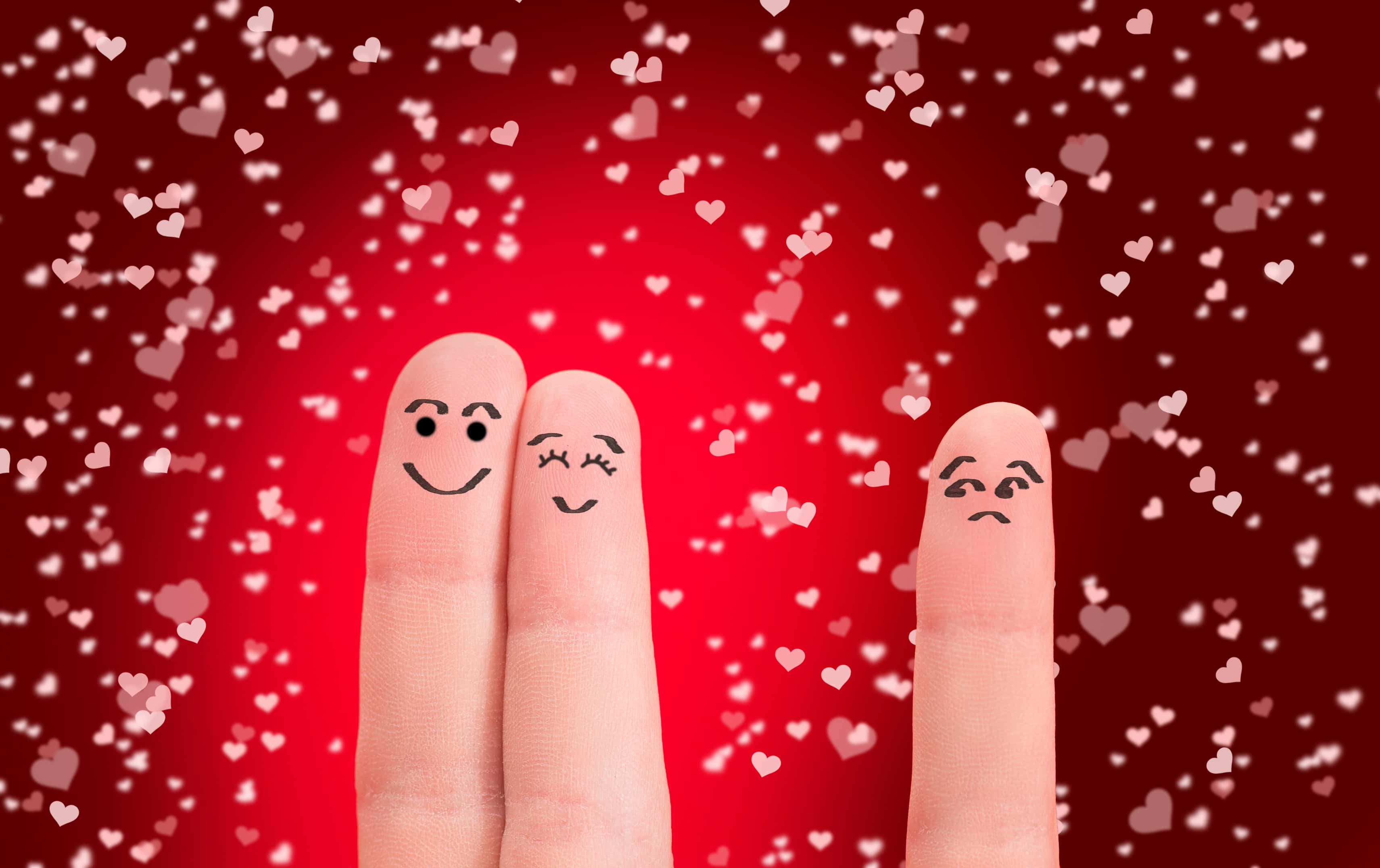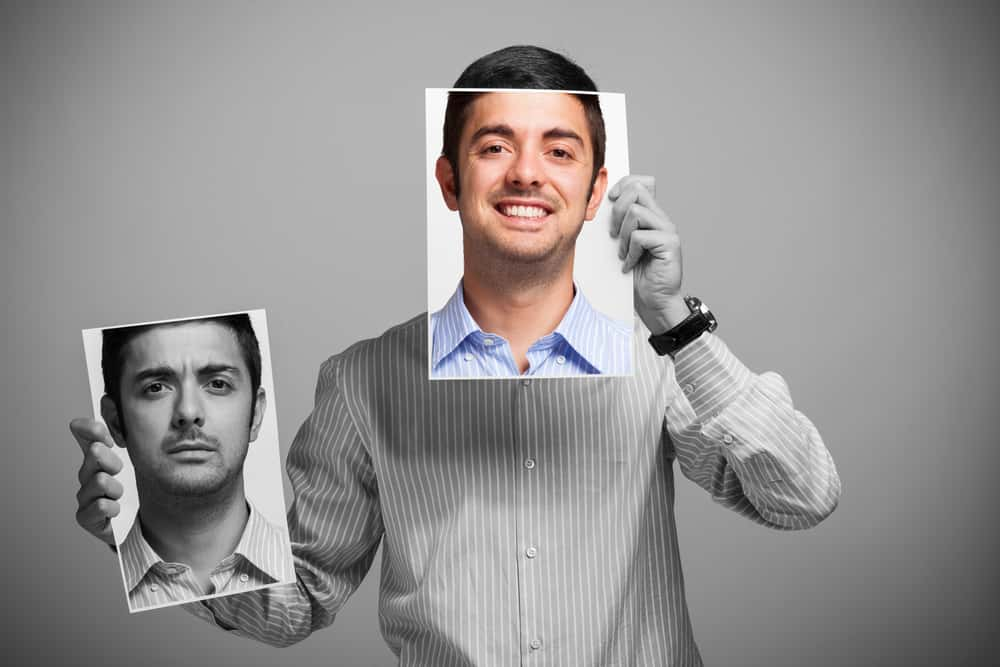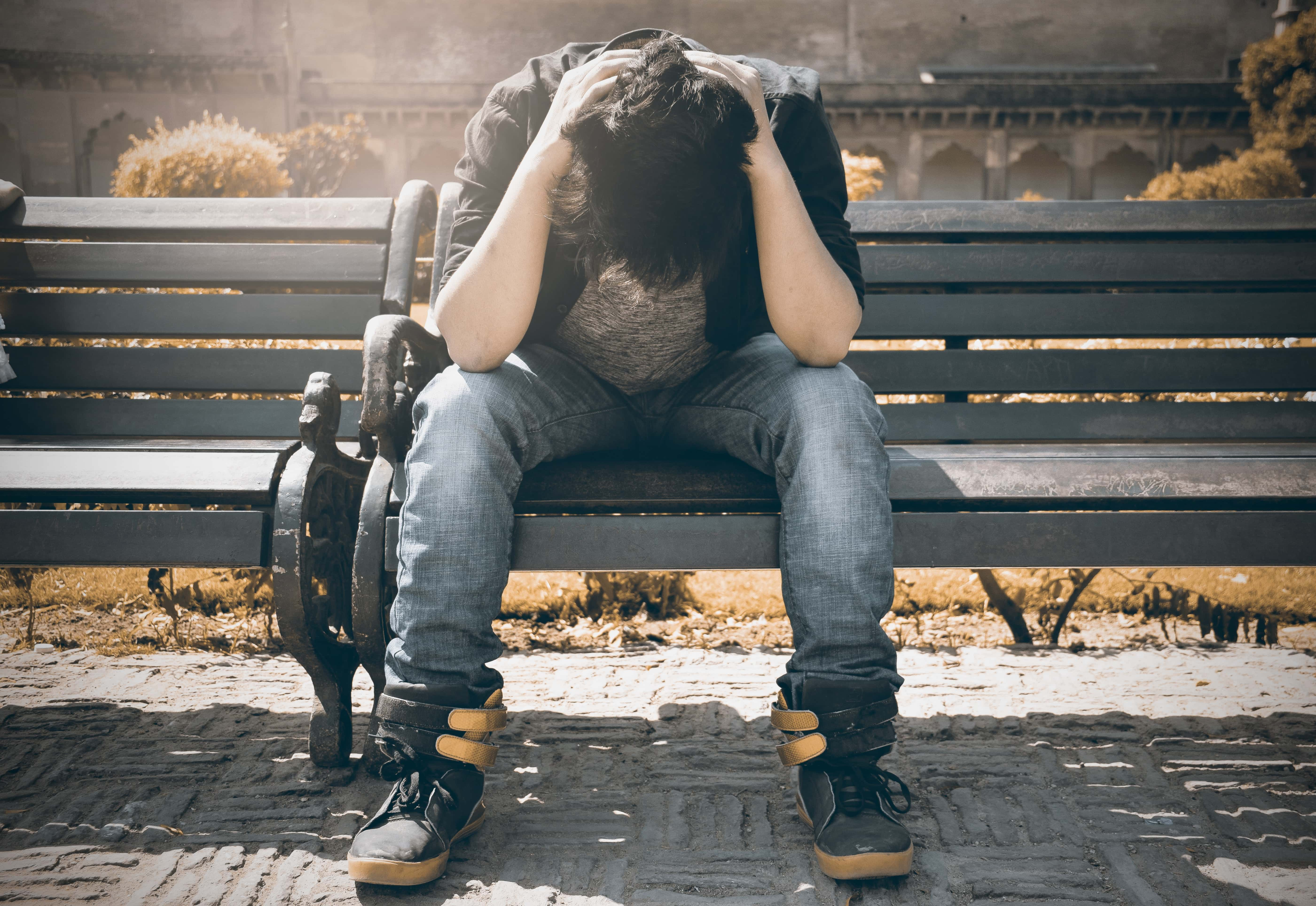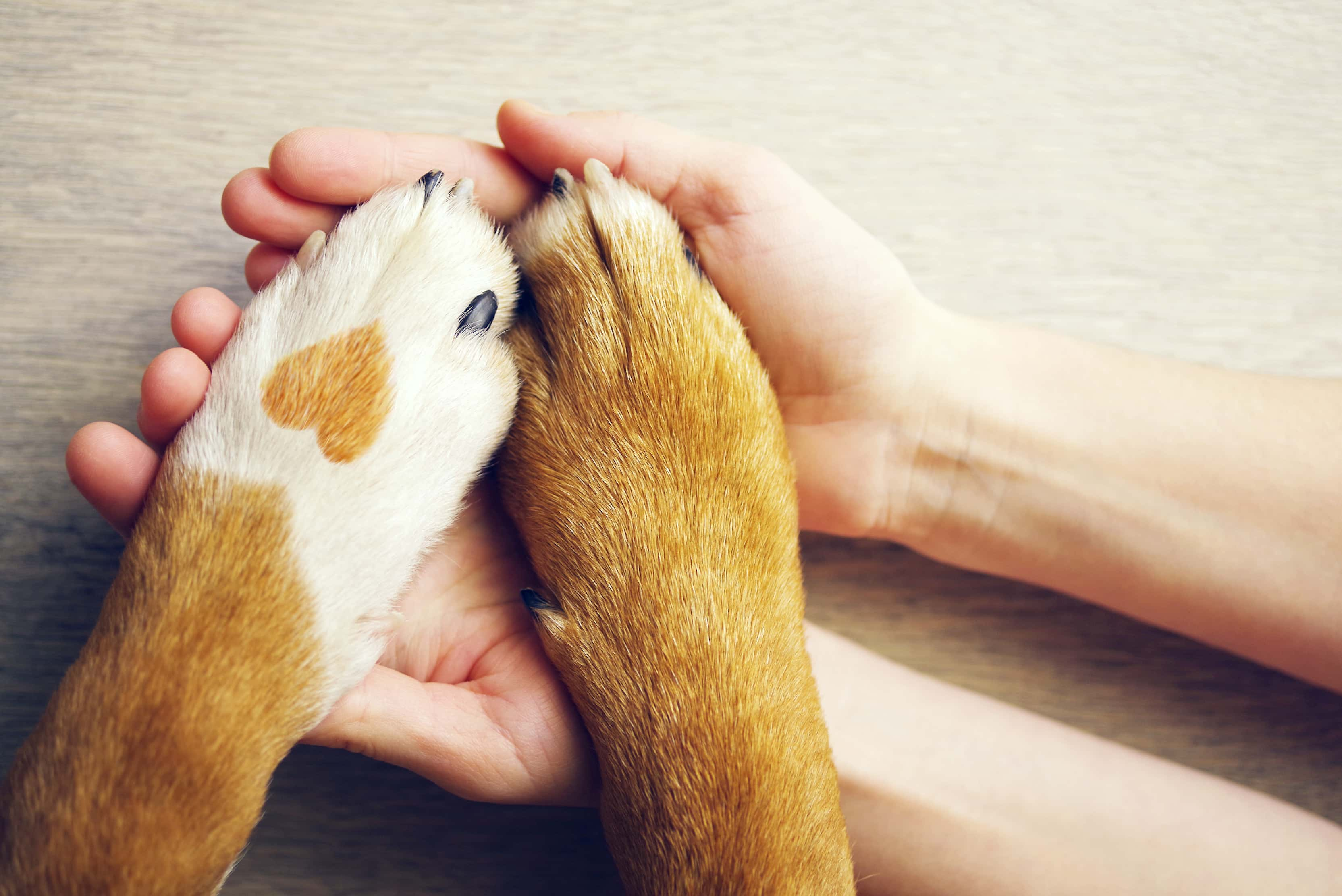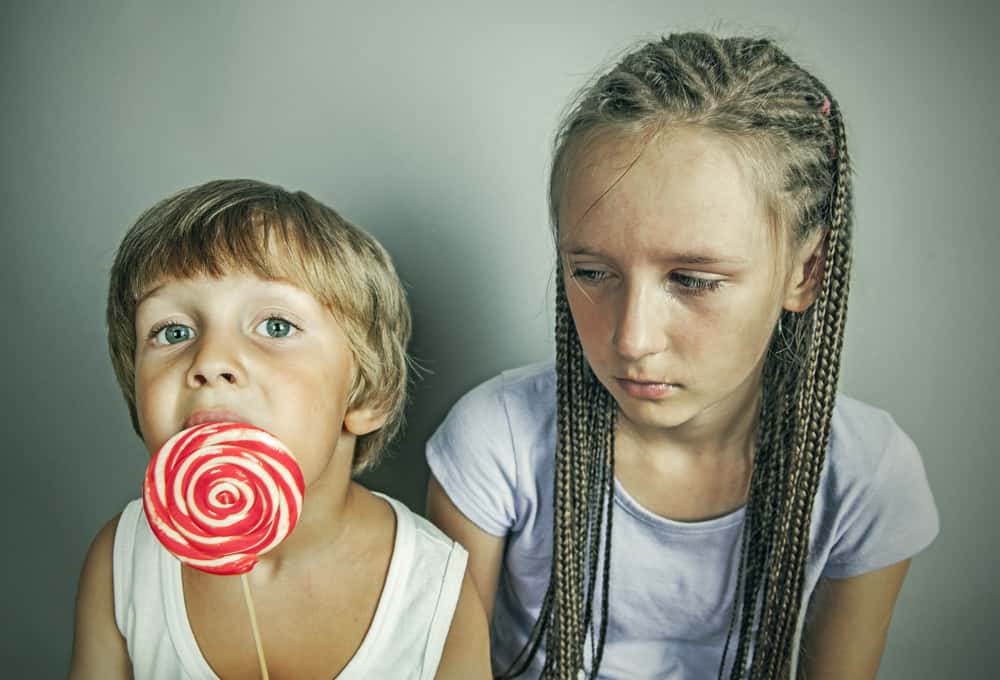Few things shape the human experience as much as our emotions. Even our perception of what is and isn't real can be altered by how we feel. Is jumping out of an airplane frightening or exciting? Is your lover being distant, or just tired? Perhaps the craziest thing about emotions is how little most people understand them.
Here are 42 facts about human emotion.
42. Chatterbox
In the English language, there are over 400 words that describe different kinds of emotion. Many of them may be synonyms for one another, but it just goes to show how important feelings are to people.

41. So Many Faces
People have over 10,000 subtle facial expressions that can express their emotions. Whats more impressive is that most people can pick up on these subtle changes. We have evolved to be able to recognize emotions via subtle changes in facial expression.
40. Aging with Grace
People want to get botox to fill in their wrinkles and become more attractive. However, the botox makes their face stiff, and limits the many tiny emotional changes in the face. People are actually attracted to animated, emotional people, and botox takes that away.
39. Survival of the Emotionally Fittest
Charles Darwin believed that emotions like fear were key to human evolution. For example, if someone was afraid of a bear, they would run away. Some animals, such as the Dodo bird, didn't develop fear of predators (since none existed on their isolated islands) which resulted in their complete eradication. Also, feelings of attraction are believed to have helped early humans breed with other desirable people, which improved the species each generation.
38. Little Demons
The the ancient Greek myth, negative emotions like spite, revenge, and envy were released out of Pandora’s Box into the world.
37. One in the Same
All people are born with basic emotions, and normal reactions to these emotions are not necessarily learned from watching their parents. We know this, because even children who are born blind will still have the same facial expressions as everybody else, like smiling when they’re happy, or frowning when they’re sad.
36. Never Forget
Emotions last even longer than memory. Many people can remember how the emotionally felt during a certain situation, even if the finer details are hazy. Studies of people with amnesia and Alzheimer's find the same results. Even if someone cannot remember who they are, they can remember the emotions of their past life.
35. Listening to Radiohead
A lot of people preach having a positive mindset and always trying to be happy 24/7. In fact, it’s very mentally healthy to be sad sometimes. Being able to cope and process sadness is much better than pushing your negative emotions down deep.
34. Just Take a Nap
Have you ever gone to sleep feeling sad or anxious, and woke up feeling in a much better mood the next morning? That is because when your brain transitions into REM sleep, it releases chemicals that alleviate the mental distress caused by distressing experiences.

Sign up to our newsletter.
History’s most fascinating stories and darkest secrets, delivered to your inbox daily. Making distraction rewarding since 2017.
33. Pain Sucks
Your physical health has a lot to do with how your feel emotionally. If you’re in pain or have a chronic illness, it is natural to feel down in the dumps.
32. You’re Killin Me, Smalls.
Your emotions can also affect your physical body. Jealousy has been known to cause stomach aches, and stress can cause headaches.
31. Fitness = Happiness
Exercise makes you happy. Cardiovascular activity increases endorphins in your body, which improves your mood. Running or other intense workouts sometimes also boosts adrenaline, which can make you feel as though you have more energy after the workout than when you started.
30. Rainbows and Butterflies
Overly optimistic and cheerful people have a hard time facing reality. In many cases, they are in denial about realities that may make them sad, and choose not to face the facts.
29. Acting is Hard
The most difficult emotions to fake are sadness and anger.
28. Don’t Be Obnoxious
It is easy to predict what kinds of situations annoy people or make them angry. For example, showing up an hour late, talking loudly in a movie theater, or cutting in line will almost always make the average person angry. For this reason, it’s actually very easy for an “annoying” person to change their behavior to make others like them more.

27. It’s All About Perspectives
Anger relies on interpretations. For example, if you have been dating someone for a month, and they are always a half hour late, you can interpret it in multiple ways; “This person doesn’t like me very much”, “They are very selfish”, or you can decide to overlook it- “They are coming here from work, so they get caught in rush hour traffic". There are many situations where “anger” is completely justified as a response, it’s actually possible to choose not to be angry, if you give people the benefit of the doubt.
26. Getting Mad
Anger is very natural, and it doesn’t make you a bad or violent person. If someone in your life is making you feel angry, it’s OK to express that. If you are afraid of confrontation, a good way to address a problem is by making it all about you, rather than pointing fingers at the other person. For instance, you can express, "Time is precious to me. Therefore, when I perceive that my time is not being utilized effectively, it gives me a sense of disrespect." This is much better than saying, “You’re always late. You don’t care about my feelings at all!” You cannot assume the other person’s intentions, and they cannot deny your emotions. So it’s much better to just express how you feel.
25. Sweet Honesty
Consuming spirits diminishes the capability to control one's emotions. Allowing your emotions to control your actions when under the influence can result in additional feelings like guilt and shame.
24. Breathe it In
The use of marijuana has been demonstrated to soothe some individuals and alleviate depression.
23. Pass the Peace Pipe
THC, the active ingredient in marijuana, is a chemical that occurs naturally in the brain. THC helps to process your emotions. One study by the University of Colorado discovered that people who have used marijuana at least 4 times in the last year were less likely to interpret another person’s expression as “angry”. Anxiety can sometimes cause the assumption that people are angry with you or hate you, even if they could actually care less. So THC helps to make that feeling go away. This improved emotional processing in the brain also helps you to not jump to conclusions that will make you angry.
22. I Wish...
Jealousy is a different emotion than envy. If you feel a twinge in your stomach when you hear that your friend from High School is more successful than you are, that’s actually envy. On the other hand, if someone is flirting with your significant other, that’s jealousy. The key difference is that “envy” is what you feel when you want something you don't have, and “jealousy” is when something you already have is being threatened.
21. Don’t Cry, Don’t Cry...
Sometimes, when someone is on the verge of tears, their lip will begin to quiver. This is because your brain is pulling on muscles in the face to cause the motion. The emotional, sad side of the brain is battling with the logical side that is trying to hide the emotion.
20. With Open Arms
Positive body language is easier to fake and control than negative body language. For example, if you are scared or repulsed by something, you may lurch backwards. However, if you want to pretend to be happy or interested in someone, smiling and using open gestures are relatively easier to fake.
19. The Munchies
Everything you eat and drink can affect your mood. Chocolate, fish, and tea are all known for boosting levels of happiness.
18. Of Course They Do
Vegans report that they feel much happier with their lives overall when they eat a meat and dairy-free diet, compared to when they ate animal products and processed foods.
17. Ticked Off
It takes a lot for people to admit when they are angry, especially in their close relationships. People associate "anger" with aggressive behavior. However, there is a difference between “anger” and “aggression”. For example, anger is the feeling you get when you’re boiling from annoyance or injustice. Aggression is best described in an example i.e. road rage. When someone is cut off on the highway, and the aggressive driver decides to tailgate the other driver as a kind of revenge, and it is considered a form of aggression.
16. Physical Manifestation
Emotions aren’t just in your head. Too much anger and stress can actually damage your body. High blood pressure is associated with living a stressful life.
15. Reflection
Jealousy stems from unhappiness. Rather than letting jealousy take over your emotions, it’s best to ask yourself “why” you feel that way, and work on your own goals.
14. Get Off My Man!
There is a stereotype that women get jealous easily, and ex-girlfriends are often labeled as “crazy”. However, a study proved that men and women get jealous equally.
13. Feeling the Future
A study by Columbia University revealed that people who trust their intuition or “gut feeling” are more accurate when predicting the outcome of a situation. They gave them arbitrary things to predict, like the outcome of the Super Bowl or the winner of American Idol. The people who honed their intuition scored far higher than the others. They call this phenomenon the “Emotional Oracle Effect”.
12. Sticks and Stones
Emotional manipulation is much akin to brainwashing. This is consistently making someone feel bad about themselves with name-calling, belittling accomplishments, yelling, name-calling, etc. When the recipient of this emotional mistreatment constantly hears these words, they may start to genuinely believe them, potentially leading to severe self-esteem problems and depression.
11. Fake it til You Make It
The phrase “dress for success” isn’t just for job interviews. The clothes you wear can affect your mood, and express the way you feel about yourself. Studies have shown that happy women are more likely to dress up, while depressed women are more likely to go out wearing sweatpants and a baggy t-shirt. Studies have also shown that people who dress well feel better about themselves and are generally happier.
10. Feel the Rainbow
Different colors can trigger different emotional responses, so people should keep that in mind when picking a paint color for their room. Shades of blue are supposed to be calming, while a color like bright orange encourages happiness and creativity.
9. Agape
Humans are the only animals who express shock and surprise by their mouths dropping open.
8. The Hidden Truth
If have seen your friend or family member show a glimmer of disappointment before quickly smiling and saying they love the present you gave them, that person showed you a “micro-expression”. For a split second, people usually reveal their true feelings before calculating what an appropriate emotional response should be. Other examples of micro-expressions could be hand gestures or postures that reveal someone’s inner emotions.
7. Parenting is Hard
Studies have shown that mothers are far less tolerant of their young boys crying, getting upset, complaining, and whining than they are for their girls. This comes from the concepts of gender norms. Without even realizing it, mothers have been proven to step in to ensure their sons do not express their emotions in that way, while the same mother may simply ignore that behavior with their daughters, because it’s “normal” for girls. In fact, it’s normal for all kids.
6. Down Deep
Women are more likely to actually express how they feel out loud, while men typically keep their emotions buried deep inside. In reality, both men and women feel the same level of emotions. They were just raised to express it differently in many cases.
5. Friends Matter
Your emotions are influenced by the people around you. If everyone around you is sad, you will feel sadness, too. If everyone is happy and excited, that is infectious, and makes others happy as well. This is why it is important to distance yourself from harmful environments, especially if people in your surroundings are aggressive and violent.
4. Fight or Flight
People process fear differently. There are ones who want to run away from danger, and others who want to investigate. The latter typically transition into roles such as detectives and law enforcement officers.
3. Wisdom
Younger people feel happy when they get excited about something, whereas older people are more able to feel happy in an overall sense of peace.
2. Step Off, Bro
The top source of jealousy in people’s lives comes from your brothers and sisters. Anyone with siblings can understand how rivalry between them can sometimes lead to intense feelings.
1.Brain Built for a Happy Ever After
According to a researcher named Barbara Fredrickson from the University of North Carolina, the romantic concept of “true love” in society is flawed. She claims that the affectionate part of love can be felt for pretty much anyone during small moments of admiration and respect. The major difference is when people enter a relationship. During intimate encounters, chemicals known as oxytocin and vasopressin are released in the brain, which contribute to feelings of falling in love. However, some people have more receptors to these chemicals than others. So- the people who have more oxytocin receptors are more likely to stay in a long-term relationship.

